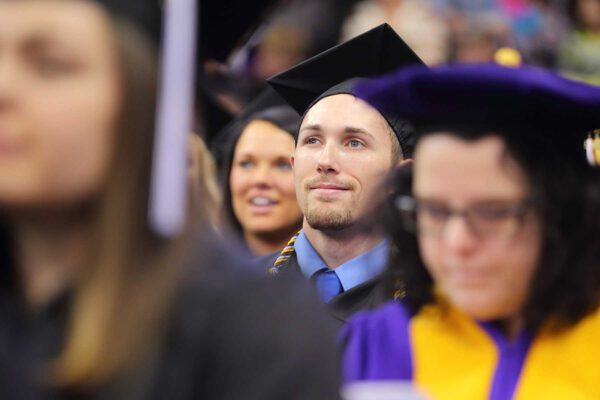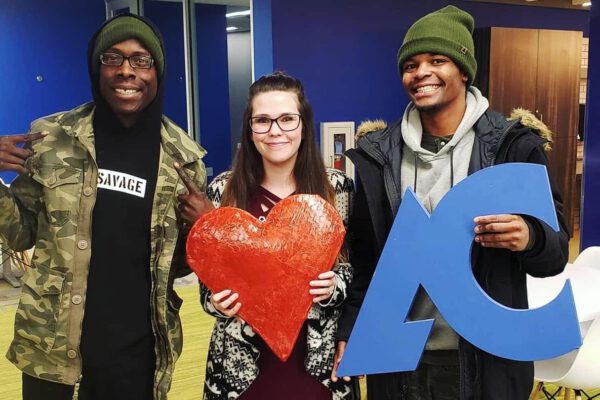Trust Trends for Students of Color in Higher Education
Title: The Trust Gap Among College Students
Author: Kevin Fosnacht, Shannon Calderone
A new report from the Center for Postsecondary Research at Indiana University utilized data from the National Survey of Student Engagement (NSSE) to examine trust in various aspects of higher education among college students.
The study captures survey responses from 8,351 college students enrolled across 29 U.S. colleges and universities. The survey looked at trust across five categories: 1) college trust, 2) out-group trust, 3) social institutional trust, 4) media trust, and 5) civil society trust.
Key findings show higher levels of distrust among students of color, especially Black students and students with different abilities, across almost every category. The data further demonstrated a linear relationship between college trust and a sense of belonging. Given this correlation, it remains critical for colleges to examine this dynamic since students of color disproportionately noted mistrust.
The authors provide recommendations for institutions to increase trust, such as diversify professional leadership to help aid trust among students of color, work to improve racial climate issues, and strengthen institutional policies that influence practices and sense of belonging.
Explore the findings in the full paper here.
—Ángel Gonzalez
If you have any questions or comments about this blog post, please contact us.

